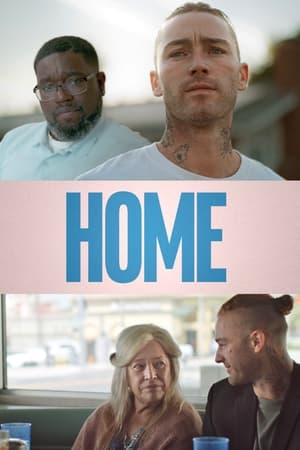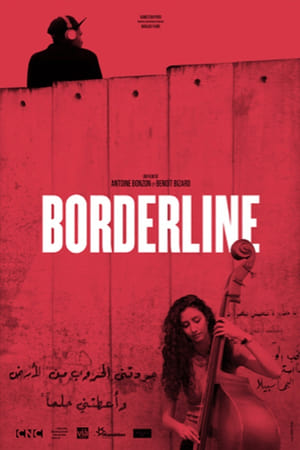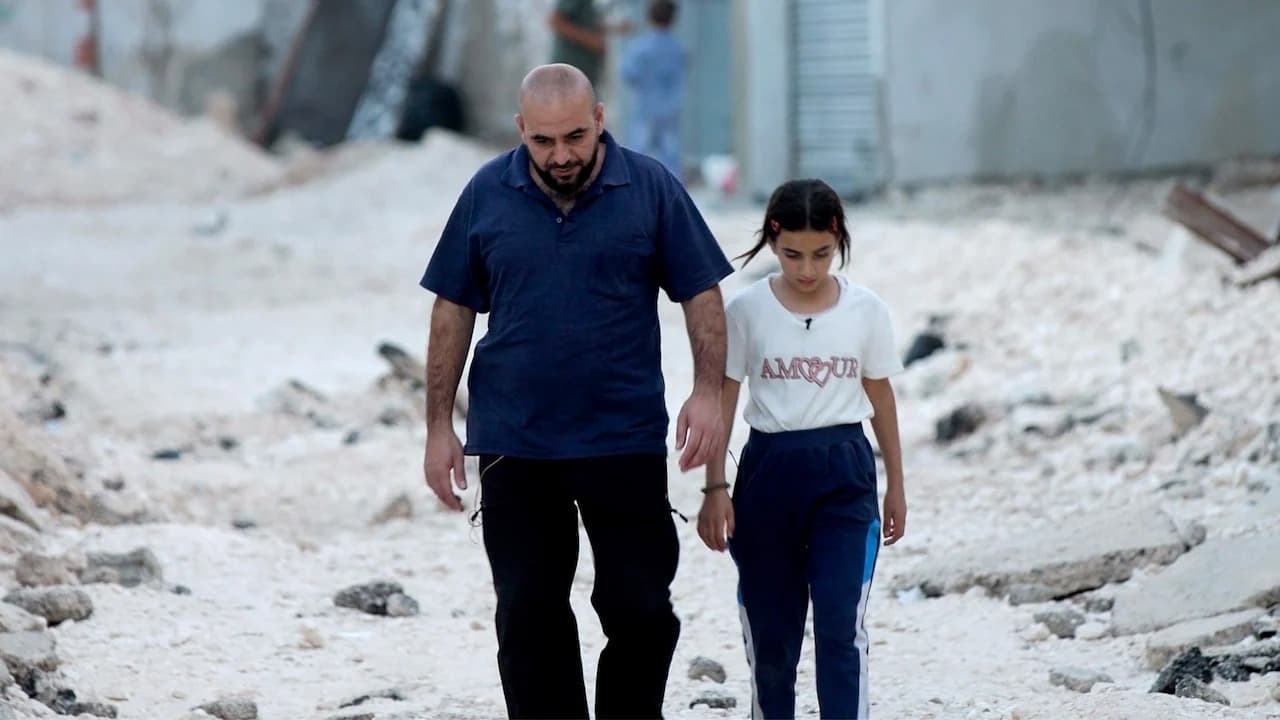

A State of Rage(2024)
In the West Bank, children grow up amidst a harsh and unforgiving reality. Daily life for Palestinians in Jenin Refugee Camp is shaped by the Israeli occupation, and the violence and oppression that comes with it. On the hills near Nablus, a Jewish settler family navigate the personal sacrifices and grief that come with their decision to live in an illegal settlement. They are resolute in their belief to remove Palestinians and settle the land. Children and their parents from both these areas search for their place in a world defined by violence and polarization.

Movie: A State of Rage

A State of Rage
HomePage
Overview
In the West Bank, children grow up amidst a harsh and unforgiving reality. Daily life for Palestinians in Jenin Refugee Camp is shaped by the Israeli occupation, and the violence and oppression that comes with it. On the hills near Nablus, a Jewish settler family navigate the personal sacrifices and grief that come with their decision to live in an illegal settlement. They are resolute in their belief to remove Palestinians and settle the land. Children and their parents from both these areas search for their place in a world defined by violence and polarization.
Release Date
2024-09-27
Average
10
Rating:
5.0 startsTagline
Genres
Languages:
Keywords
Recommendations Movies
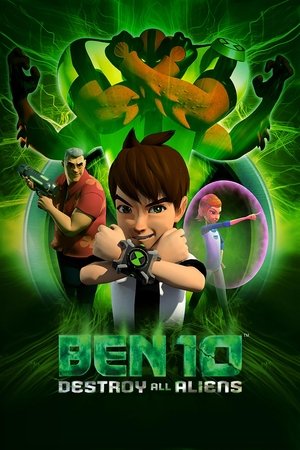 6.3
6.3Ben 10: Destroy All Aliens(en)
Based on the original animated series Ben 10. Ben becomes targeted by an evil Mechamorph Warrior, named "Retaliator," who mistakenly blames Ben for something he did not do and attempts to destroy all aliens.
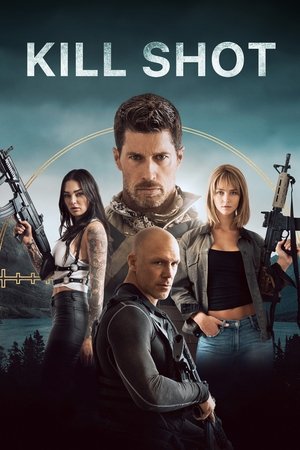 8.7
8.7Kill Shot(en)
Posing as hunters, a group of terrorists are in search of $100 million that was stolen and lost in a plane crash en route from Afghanistan.
 6.7
6.7Kung Fu Panda: Secrets of the Furious Five(en)
Ordered to teach a martial arts class of rambunctious bunny kittens, Po tells stories of each of the Furious Five's pasts.
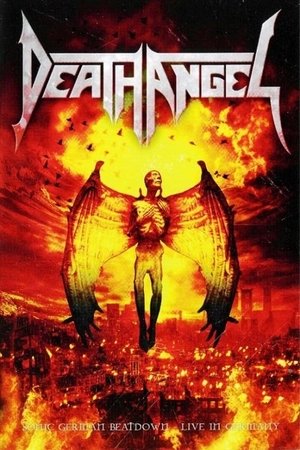 6.2
6.2Death Angel - Sonic German Beatdown - Live in Germany(en)
Five years after the acclaimed comeback album "The Art Of Dying", and the following album “Killing Season”, the legendary and one of the most influential bands of the Bay Area Thrash Metal scene DEATH ANGEL will release a DVD with two full length concerts filmed in Germany. The DVD was filmed live at Rockhard Festival 2007 and in Adelsheim.in 2008. It contains some of the new Songs, two Clips and a lot of old DEATH ANGEL stuff which is still seriously cult! This is the first live DVD ever in the history of DEATH ANGEL and it also contains a Live CD. So, what to say more: Grab "Sonic German Beatdown" and see by yourself that DEATH ANGEL are more alive than ever before! It's just amazing…
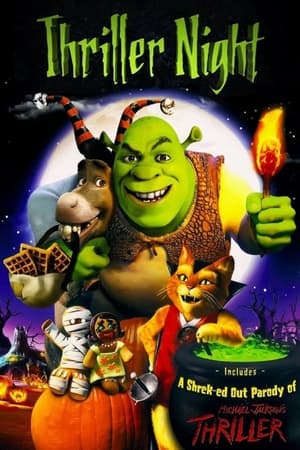 6.9
6.9Thriller Night(en)
A Shrek parody of Michael Jackson's Thriller song and music video, with Donkey singing.
 6.4
6.4A Cinderella Story: Christmas Wish(en)
Kat is an aspiring singer-songwriter who dreams of making it big. However, her dreams are stalled by her reality: a conniving and cruel stepfamily and a demoralizing job working as a singing elf at billionaire Terrence Wintergarden’s Santa Land.
 6.5
6.5Olaf's Frozen Adventure(en)
Olaf is on a mission to harness the best holiday traditions for Anna, Elsa, and Kristoff.
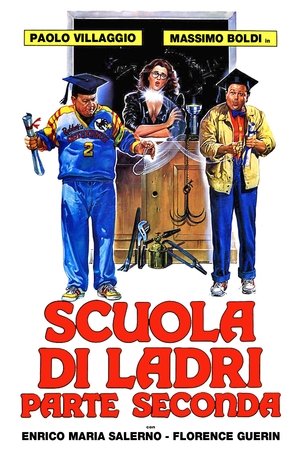 5.3
5.3School of Thieves 2(it)
In this second episode Dalmazio and Egisto come, respectively, from the prison and the insane asylum. They risk a second arrest for their awkwardness so they return from their "uncle" who is willing to help them.
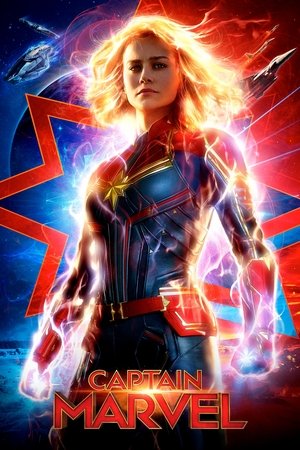 6.8
6.8Captain Marvel(en)
The story follows Carol Danvers as she becomes one of the universe’s most powerful heroes when Earth is caught in the middle of a galactic war between two alien races. Set in the 1990s, Captain Marvel is an all-new adventure from a previously unseen period in the history of the Marvel Cinematic Universe.
 9.9
9.9The Way to the Heart(en)
Ava, an award-winning chef at a big-city restaurant, has lost her spark. Her boss sends her out to find herself to save her menu and her job. She returns home and finds little to inspire her, but when she reunites with her childhood friend Logan, Ava has to get her head out of the clouds and her foot out of her mouth to rediscover her passion for food.
 7.4
7.4Black Panther(en)
King T'Challa returns home to the reclusive, technologically advanced African nation of Wakanda to serve as his country's new leader. However, T'Challa soon finds that he is challenged for the throne by factions within his own country as well as without. Using powers reserved to Wakandan kings, T'Challa assumes the Black Panther mantle to join with ex-girlfriend Nakia, the queen-mother, his princess-kid sister, members of the Dora Milaje (the Wakandan 'special forces') and an American secret agent, to prevent Wakanda from being dragged into a world war.
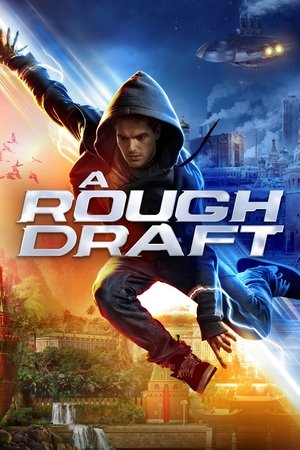 5.1
5.1A Rough Draft(ru)
Young Muscovite Kirill is a talented designer of computer games. One day, he is completely erased from the memory of everyone he knew and loved. Kirill learns that he has been chosen for an important and mysterious mission: to become a customs officer between parallel worlds, of which there are dozens in the universe. Will Kirill unravel the mystery of these worlds and who controls them? And is our Earth really just an imaginary "draft" -- a parallel world -- which in reality does not exist ...
 5.6
5.6Garfield: A Tail of Two Kitties(en)
Jon and Garfield visit the United Kingdom, where a case of mistaken cat identity finds Garfield ruling over a castle. His reign is soon jeopardized by the nefarious Lord Dargis, who has designs on the estate.
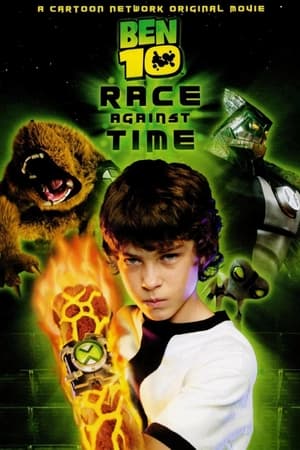 5.8
5.8Ben 10: Race Against Time(en)
Ben, Gwen, and Max must stop an extraterrestrial who plans to open a gateway that leads to an alien invasion.
 6.6
6.6Caught by a Wave(it)
A summer fling born under the Sicilian sun quickly develops into a heartbreaking love story that forces a boy and girl to grow up too quickly.
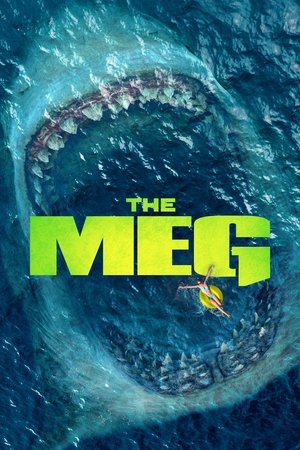 6.2
6.2The Meg(en)
A deep sea submersible pilot revisits his past fears in the Mariana Trench, and accidentally unleashes the seventy foot ancestor of the Great White Shark believed to be extinct.
 6.0
6.0A Second Chance(en)
A young girl and her coach overcome adversity to make their way into the National Australian Gymnastics Squad.
 6.3
6.3Smurfs: The Lost Village(en)
In this fully animated, all-new take on the Smurfs, a mysterious map sets Smurfette and her friends Brainy, Clumsy and Hefty on an exciting race through the Forbidden Forest leading to the discovery of the biggest secret in Smurf history.
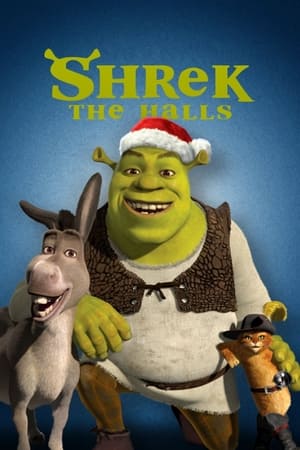 6.4
6.4Shrek the Halls(en)
The Christmas tree isn't the only thing green in this new holiday classic. Shrek is back and trying to get into the spirit of the season. After promising Fiona and the kids a Christmas they'll remember, he is forced to take a crash course in the holiday. But just when he thinks he has everything for their quiet family Christmas just right, there is a knock at the door.
Similar Movies
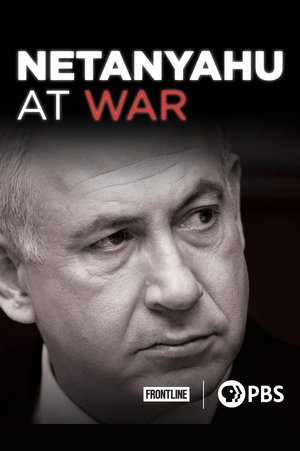 8.0
8.0Netanyahu at War(en)
The inside story of the bitter clash between President Obama and Israeli Prime Minister Netanyahu. Amid violence in the Middle East, the film traces Netanyahu's rise to power and his high-stakes fight with the president over Iran's nuclear program.
 8.3
8.3The Occupation of the American Mind(en)
Over the past few years, Israel's ongoing military occupation of Palestinian territory and repeated invasions of the Gaza strip have triggered a fierce backlash against Israeli policies virtually everywhere in the world—except the United States. This documentary takes an eye-opening look at this critical exception, zeroing in on pro-Israel public relations efforts within the U.S.
 6.9
6.9The First 54 Years: An Abbreviated Manual for Military Occupation(he)
An exhaustive explanation of how the military occupation of an invaded territory occurs and its consequences, using as a paradigmatic example the recent history of Israel and the Palestinian territories, the West Bank and the Gaza Strip, from 1967, when the Six-Day War took place, to the present day; an account by filmmaker Avi Mograbi enriched by the testimonies of Israeli army veterans.
 8.8
8.8Israel and Gaza: Into the Abyss(en)
This deeply affecting documentary follows a small number of Israelis and Gazans through the most dramatic and tragic year of their lives. Using personal and previously unseen footage, it tells the story of the war in Gaza and the October 7 attacks through deeply emotional stories from both sides of the conflict. In Gaza, the film follows three individuals from reaction to the October 7th attacks to the start of the bombing by the Israeli military and to the loss of family members that all three suffer. In Israel, we witness footage of the Israeli characters, as they and their family members are attacked by Hamas on October 7th and then follow their stories through the year.
 7.7
7.7Waltz with Bashir(he)
An Israeli film director interviews fellow veterans of the 1982 invasion of Lebanon to reconstruct his own memories of his term of service in that conflict.
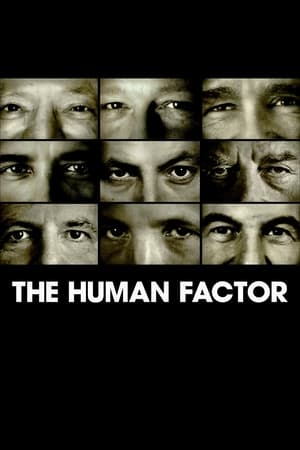 7.0
7.0The Human Factor(en)
How US politicians and diplomats, over the past 25 years, have come close to achieving something almost impossible: securing peace between the State of Israel and its Arab and like-minded neighbors, mired in a struggle both dialectical and violent since the early 20th century, due to historical and religious reasons, entrenched offenses and prejudices, and the invisible and tyrannical hand of third countries' geopolitical interests in the area.
 6.2
6.2Kafr Kassem(ar)
On the eve of the Israeli attack on Egypt in 1956, Israel declares martial law in all the occupied Arab territories without any previous notice. When the villagers of Kafr Kassem returned home from the fields, they were butchered and killed in what is known today as the massacre of “Kafr Kassem”.
 7.5
7.5Promises(en)
Documentarians Justine Shapiro and B.Z. Goldberg traveled to Israel to interview Palestinian and Israeli kids ages 11 to 13, assembling their views on living in a society afflicted with violence, separatism and religious and political extremism. This 2002 Oscar nominee for Best Feature Documentary culminates in an astonishing day in which two Israeli children meet Palestinian youngsters at a refugee camp.
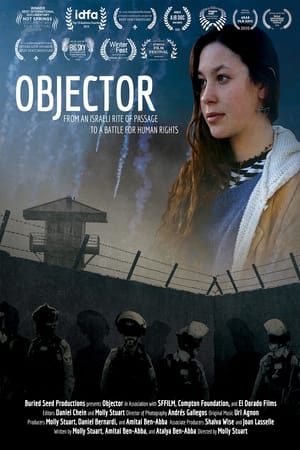 8.5
8.5Objector(en)
Like all Israeli youth, Atalya is obligated to become a soldier. Unlike most, she questions the practices of her country's military, and becomes determined to challenge this rite of passage. Despite her family's political disagreements and personal concerns, she refuses military duty and is imprisoned for her dissent. Her courage moves those around her to reconsider their own moral positions and personal power. OBJECTOR follows Atalya to prison and beyond, offering a unique window into the Israeli-Palestinian conflict from the perspective of a young woman who seeks truth and takes a stand for justice.
 7.5
7.5Control Room(ar)
A chronicle which provides a rare window into the international perception of the Iraq War, courtesy of Al Jazeera, the Arab world's most popular news outlet. Roundly criticized by Cabinet members and Pentagon officials for reporting with a pro-Iraqi bias, and strongly condemned for frequently airing civilian causalities as well as footage of American POWs, the station has revealed (and continues to show the world) everything about the Iraq War that the Bush administration did not want it to see.
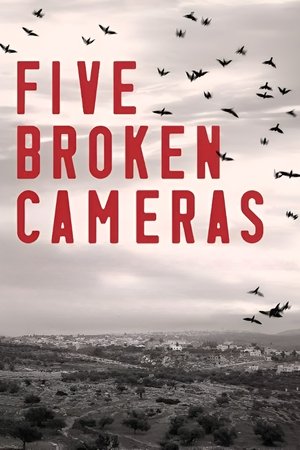 7.5
7.55 Broken Cameras(en)
Five broken cameras – and each one has a powerful tale to tell. Embedded in the bullet-ridden remains of digital technology is the story of Emad Burnat, a farmer from the Palestinian village of Bil’in, which famously chose nonviolent resistance when the Israeli army encroached upon its land to make room for Jewish colonists. Emad buys his first camera in 2005 to document the birth of his fourth son, Gibreel. Over the course of the film, he becomes the peaceful archivist of an escalating struggle as olive trees are bulldozed, lives are lost, and a wall is built to segregate burgeoning Israeli settlements.
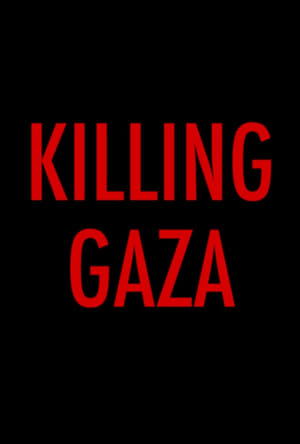 7.5
7.5Killing Gaza(en)
In Killing Gaza, independent journalists Max Blumenthal and Dan Cohen documented Israel’s 2014 war on Gaza. Yet this film is much more than a documentary about Palestinian resilience and suffering. It is a chilling visual document of war crimes committed by the Israeli military, featuring direct testimony and evidence from the survivors.
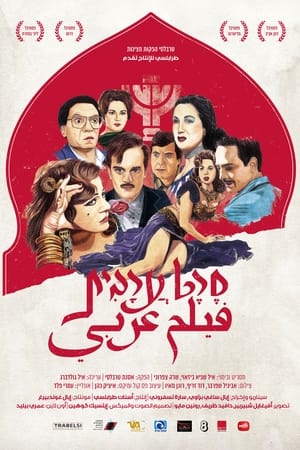 1.0
1.0Arab Movie(en)
So many Israelis still wax nostalgic about that old Friday afternoon ritual, back in the times when television had just one channel. Everyone would watch the Arab movie of the week, but did anybody ever wonder how Israel’s official TV station was able to transcend hostile boundaries to obtain these films, and why it insisted on showing movies made by “the enemy”? The Arabic-language movie from Egypt let some of us escape back to our original homeland, and let others peek out from our “villa in the jungle” and catch a glimpse of our neighbors across the border. But most of us didn’t really want to see the people whose culture, anguish, and aspirations were reflected on our screens. “Arab Movie” brings us the stars and the songs, the convoluted plots, and that fleeting moment when we shared the same cultural heroes as everyone else in the Middle East. But this film about the richness and intensity of Egyptian cinema also raises some disturbing questions.
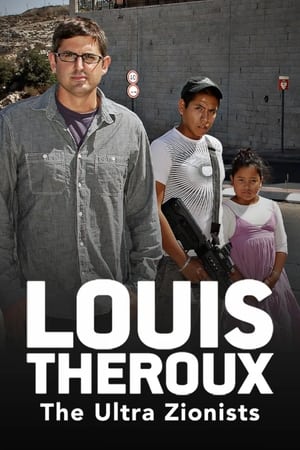 6.6
6.6Louis Theroux: The Ultra Zionists(en)
Louis Theroux spends time with a small and very committed subculture of ultra-nationalist Jewish settlers. He discovers a group of people who consider it their religious and political obligation to populate some of the most sensitive areas of the West Bank, especially those with a spiritual significance dating back to the Bible. Throughout his journey, Louis gets close to the people most involved with driving the extreme end of the Jewish settler movement - finding them warm, friendly, humorous, and deeply troubling.
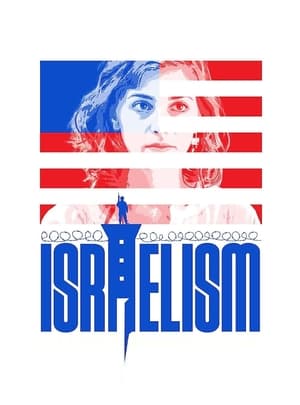 8.1
8.1Israelism(en)
When two young American Jews raised to unconditionally love Israel witness the mistreatment of Palestinians, they battle the old guard to create a new movement opposing Israel’s occupation, and recentering Judaism itself.
 10.0
10.0Breaking Bread(en)
In Breaking Bread, exotic cuisine and a side of politics are on the menu. Dr. Nof Atamna-Ismaeel - the first Muslim Arab to win Israel's MasterChef - is on a quest to make a social change through food. And so, she founded the A-sham Arabic Food Festival in Haifa. There, pairs of Arab and Jewish chefs collaborate on mouthwatering dishes like kishek (a Syrian yogurt soup), and qatayef (a dessert typically served during Ramadan), as we savor the taste of hope and discover the food of their region free from political and religious boundaries.
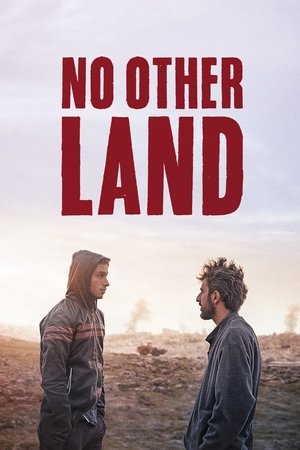 8.0
8.0No Other Land(ar)
This film made by a Palestinian-Israeli collective shows the destruction of the occupied West Bank's Masafer Yatta by Israeli soldiers and the alliance which develops between the Palestinian activist Basel and Israeli journalist Yuval.
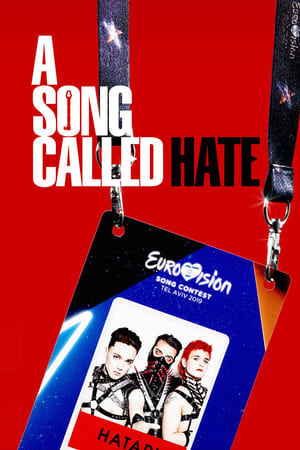 9.0
9.0A Song Called Hate(en)
The pro-Palestinian, anti-capitalist, BDSM-provocative, techno-punk performance art ensemble Hatari unsurprisingly drew attention to themselves with their performance at the Icelandic qualifiers for the Eurovision Song Contest. So much so that they won and therefore were allowed to perform at the main event in Tel Aviv. But what now? Should they boycott the event, swallow their idealism, or use their airtime to criticise the host country for their illegal occupation of Palestine? The Icelandic director Anna Hildur joins the boys in the band all the way to the fateful final.
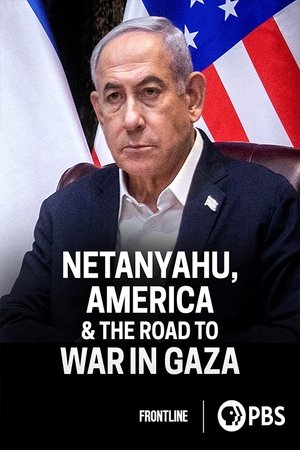 8.0
8.0Netanyahu, America & the Road to War in Gaza(en)
As the war in Gaza continues with devastating consequences, a major 90-minute documentary offers a sweeping examination of the critical moments leading up to this crisis over the course of the past three decades, and the pivotal role of a central player: Israeli Prime Minister Benjamin Netanyahu. Starting with the Oslo peace accords and continuing through the Oct. 7 Hamas attack and the ongoing war in Gaza, the documentary draws on years of reporting and is an incisive look at the long history of failed peace efforts and violent conflict in the region — and the increasing tensions between Israel and its ally, the U.S., over the war’s catastrophic toll and what comes next.
